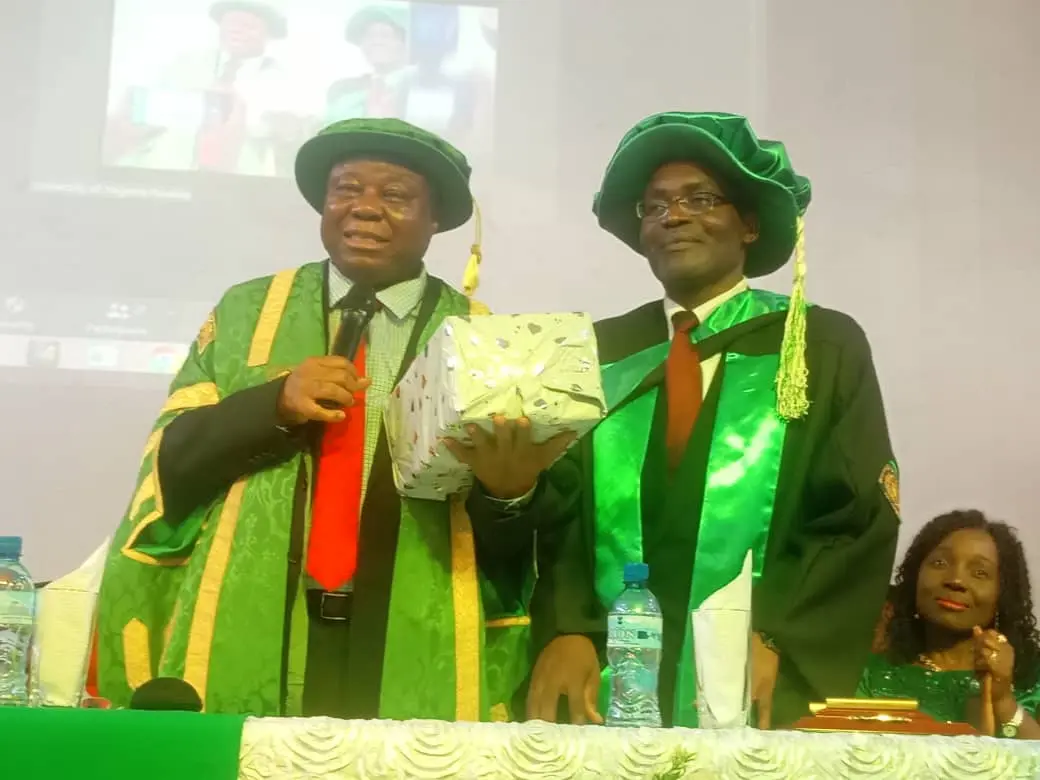A groundbreaking proposal to address Nigeria’s energy crisis has emerged from the University of Nigeria Nsukka (UNN), where Prof. Emenike Ejiogu, the Dean of the Faculty of Engineering and Director of the Africa Centre of Excellence for Sustainable Power and Energy Development (ACE-SPED), has suggested a plan to inject 7,000 megawatts of electricity across all 774 local government areas in the country.
Prof. Ejiogu’s innovative solution involves the use of a gasification plant, which would allow for distributed energy generation. He emphasized that Nigeria must adopt an energy mix strategy to combat the crippling energy crisis that has been hampering economic growth. The conventional national grid, he argued, has proven insufficient to meet the nation’s energy demands.
In his 190th Inaugural Lecture at UNN, titled ‘My Engineering Odyssey: Energy Security, Energy Sustainability, and Bringing Power to the People,’ Prof. Ejiogu explained that the gasification plant is a locally designed and fabricated engineering system with 100% local content. It converts organic solid materials into synthetic gas for electricity generation and other uses.
UPDATE: UNN Students Protest 100 Percent Hike In School Fees
He pointed out that the current power infrastructure in Nigeria, with large centralized generating plants transmitting power over long distances, results in significant financial losses and maintenance challenges due to imported materials and inadequate technical manpower. To address this, he advocated for distributed energy generation through micro and mini grids, powered by gasification technology.
The advantage of distributed energy generation is that it enables local power generation and management, reducing the need for extensive transmission lines and costly materials. Prof. Ejiogu proposed the establishment of micro and mini grids across Nigeria’s local government areas, each capable of generating 10 megawatts of power. This would result in a total generation capacity of 7,740 megawatts, surpassing the capacity of the national grid.
The gasification plant, designed to convert solid waste and coal into gas, offers the flexibility needed to infuse substantial energy into Nigeria’s power sector within a relatively short period, provided there is political will and investment. It presents an opportunity to address the country’s ongoing power supply challenges and reduce dependence on unreliable public power supply and costly diesel generators.
In response to the proposal, the Vice-Chancellor of UNN, Prof. Charles Igwe, emphasized the importance of exploring alternative power sources in Nigeria. He commended Prof. Ejiogu’s lecture, highlighting its relevance as the nation continues to grapple with inadequate power supply. The adoption of alternative power generation methods could contribute to cost savings and enhance the nation’s economic activities.
Follow us on Facebook
Post Disclaimer
The opinions, beliefs and viewpoints expressed by the author and forum participants on this website do not necessarily reflect the opinions, beliefs and viewpoints of Anaedo Online or official policies of the Anaedo Online.

